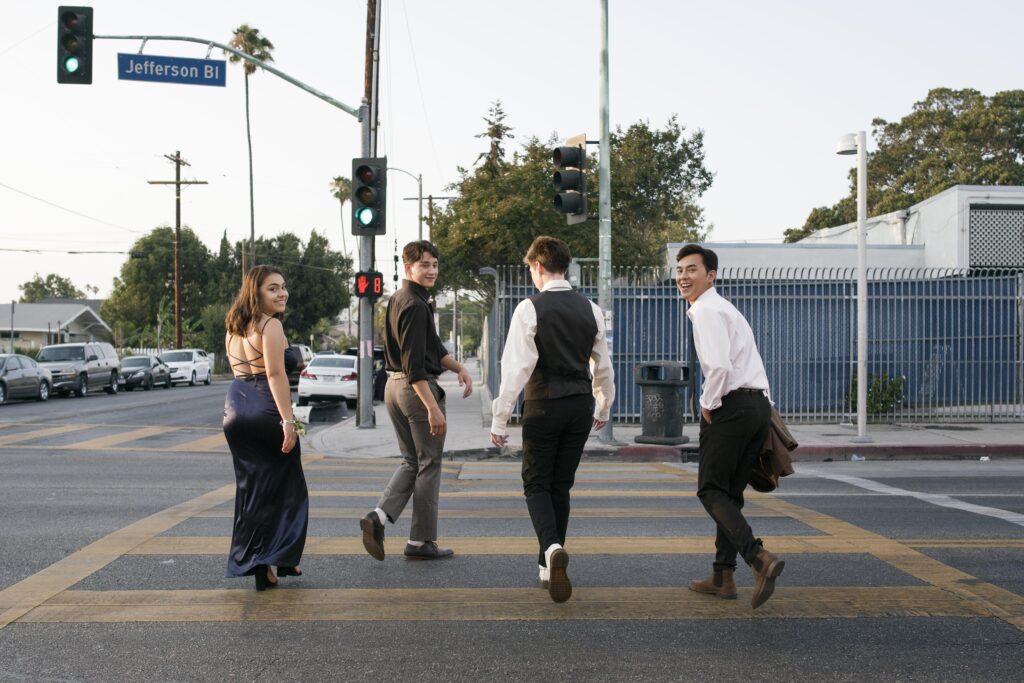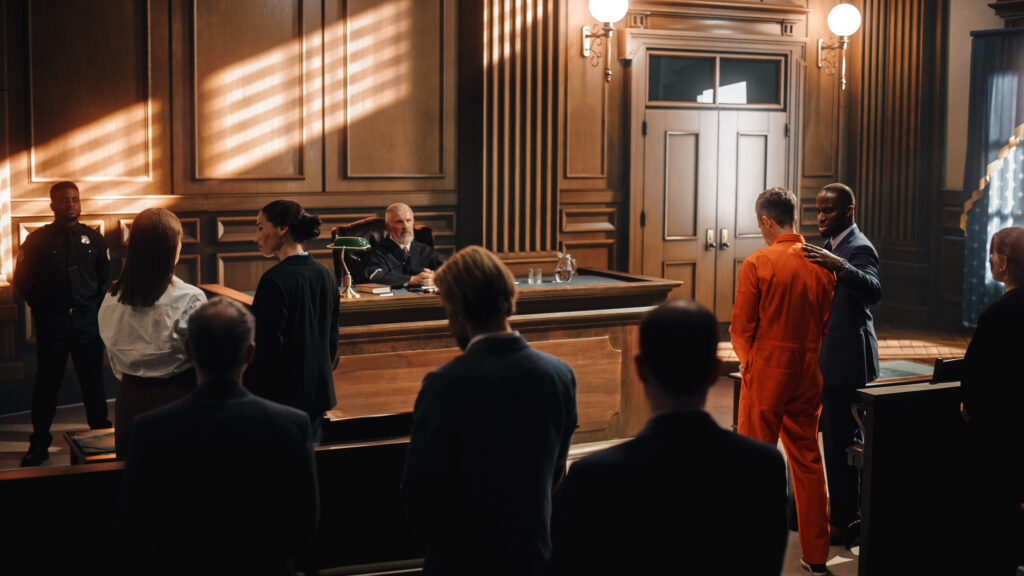Understanding specific terms in the realm of law, like “contributing to the delinquency of a minor,” is paramount for both professionals in the field and ordinary citizens. Delving into this topic, we’ll unfold the layers that define this legal term, its components, and the consequences associated with it.
What Does “Contributing to the Delinquency of a Minor” Mean?
At a glance, this phrase might sound complex, but breaking it down can shed light on its essence and its role in the legal landscape.
Legal Definition
Contributing to the delinquency of a minor refers to an act or failure to act by an adult that leads or encourages a person under the age of 18 to engage in criminal behavior or to adopt behaviors detrimental to their well-being. Such acts might not necessarily be criminal if done by adults but can lead to criminal implications if they cause minors to breach the law.
Elements of the Crime
For an individual to be charged with this offense, specific criteria or elements must be met. They include:
- Act or Omission: The adult must have committed an act or failed to act in a certain manner.
- Knowledge: The adult was aware, or should have reasonably been aware, that their actions or lack thereof might result in the minor engaging in delinquent or illegal behaviors.
- Resulting Delinquency: The minor subsequently engaged in criminal or detrimental behavior as a result of the adult’s actions or inactions.
Transitioning from understanding the foundational aspects, it’s vital to be informed about the consequences of such actions.
Legal Consequences of Contributing to Delinquency of a Minor
When adults contribute to the delinquency of a minor, the law doesn’t take it lightly. The legal repercussions vary based on jurisdiction, the severity of the act, and its impact on the child, but some general consequences include the following.
- Criminal Charges: This is the most direct consequence. Adults can face misdemeanor or even felony charges, depending on the severity of the act and its repercussions.
- Fines: Monetary penalties can be imposed, with the amount depending on the circumstances and the jurisdiction’s specific guidelines.
- Probation: An individual might be placed under supervision, requiring them to meet certain conditions and report to a probation officer.
- Imprisonment: In severe cases, jail or prison time may be mandated, especially if the adult’s actions led to significant harm or posed a major risk to the minor.
- Parental Rights: If the individual is a parent or guardian of the child, they may face repercussions concerning their parental rights. This could range from mandated counseling and parental classes to, in extreme cases, losing custody or visitation rights.
- Restitution: The adult might be ordered to compensate for any damages or losses incurred due to their actions. This could cover medical bills, therapy costs, or other related expenses.
Understanding the nuances of contributing to the delinquency of a minor is essential, as its implications ripple through the lives of both the adult and the minor involved.
Examples of Contributing to the Delinquency of a Minor
While the potential consequences are enough to put anyone on notice, it’s important to clarify exactly the type of actions and concrete scenarios that fall under this category.
- Supplying Alcohol or Drugs: An adult providing a minor with alcoholic beverages or illegal substances directly contributes to delinquency.
- Encouraging Truancy: Persuading or allowing a minor to skip school without a valid reason.
- Facilitating Crime: Let’s say an adult provides a minor with tools to vandalize property or knowingly permits a minor to engage in illegal activities at their residence.
- Exposure to Harmful Content: Showing explicit or harmful material to a minor that is inappropriate for their age, like pornography, for example.
Each scenario indicates a breach of trust or duty by an adult, leading a minor towards potentially harmful behavior.
Exceptions
While many acts fall under the umbrella of contributing to delinquency, there are certain exceptions.
In some jurisdictions, parents have the right to discipline their children as they see fit, within reason. What might seem like delinquency to outsiders could be viewed legally as a parental prerogative?
Religious practices and different cultural traditions can be exempt. Some behaviors, while unconventional in one culture, might be standard practice in another. Courts often tread carefully here to respect cultural and religious rights.
Also, if an adult, for instance, was unaware that a product they sold to a minor was used for illegal or harmful activities, they might be exempt from charges. However, it’s crucial to consult local laws as exceptions might differ across jurisdictions.
Legal Defenses
Facing charges of contributing to the delinquency of a minor is a grave matter, but there are several defenses an individual can employ:
- Lack of Knowledge: The accused can claim they did not know that their actions would lead to the minor’s delinquency.
- Mistaken Age: In some scenarios, the adult might genuinely believe they were interacting with another adult, rather than a minor.
- No Direct Contribution: An adult could argue that their actions did not directly result in the minor’s delinquent behavior.
- False Accusation: Sadly, in some cases, individuals are falsely accused, often stemming from personal vendettas or misunderstandings.
Retaining a skilled attorney is crucial when navigating these defenses to ensure one’s rights are upheld.
Conclusion
The concept of “contributing to the delinquency of a minor” is multifaceted, encompassing various acts and omissions by adults that can lead minors astray.
Whether through direct actions like supplying drugs and harmful substances or indirect means like encouragement, the law seeks to protect vulnerable youth from undue negative influences. However, understanding the exceptions and potential legal defenses can offer a balanced perspective.
In the end, the primary goal is to ensure the well-being and healthy development of minors, safeguarding our future generations.
As with any legal matter, it’s always advised to seek legal counsel if faced with accusations, ensuring that the complexities of the situation are thoroughly explored and addressed.











